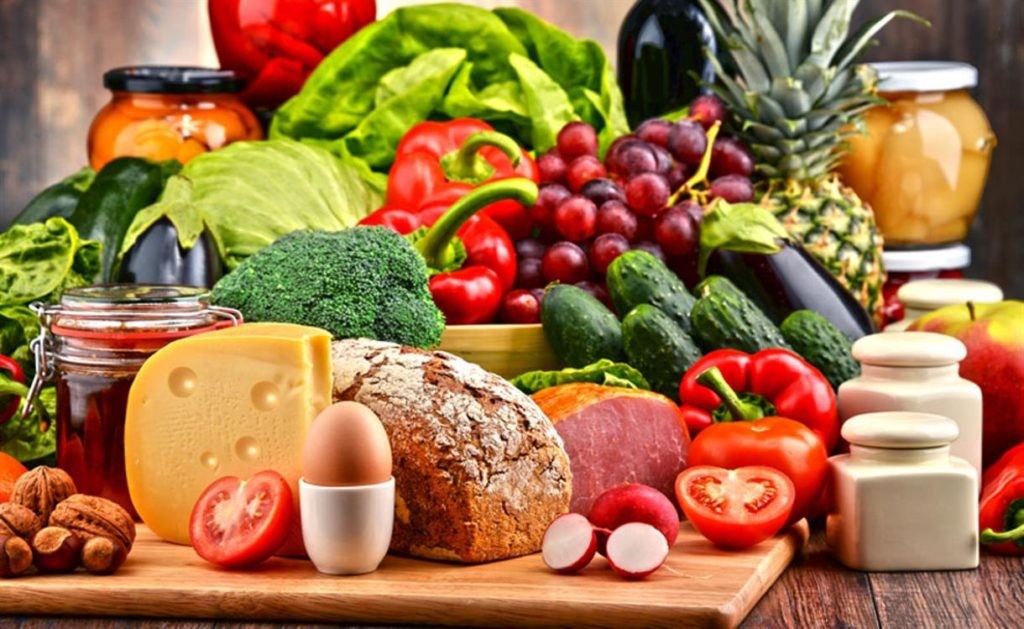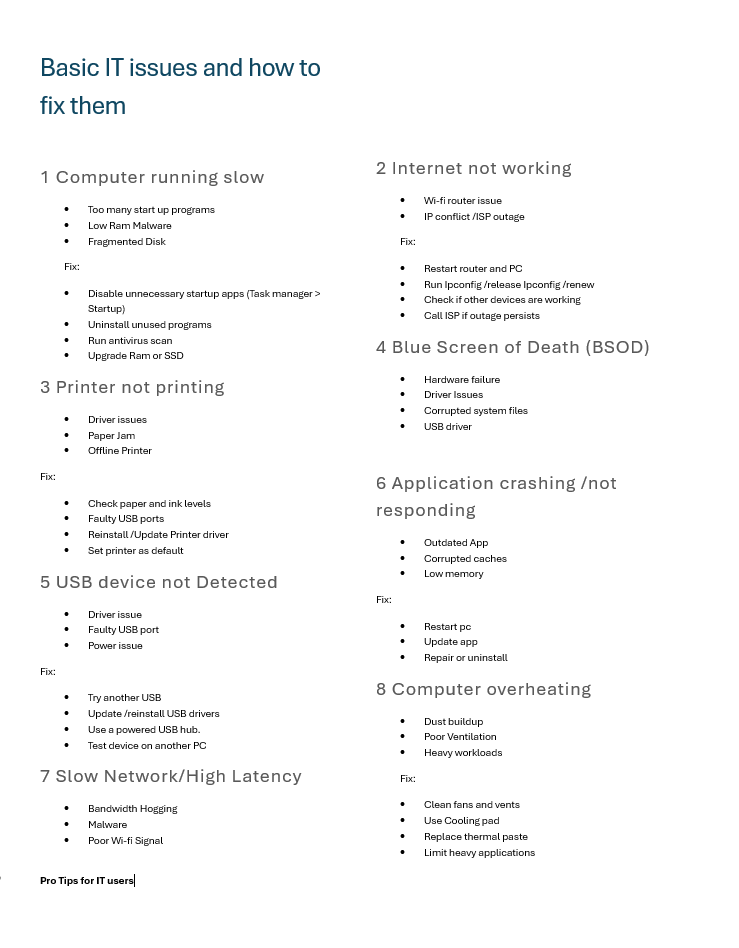Have you ever wondered why some people seem to detoxify better than others, or why certain individuals struggle with mood issues despite trying everything? The answer might lie in a fundamental biochemical process called methylation. If you've heard terms like MTHFR mutations or methylation defects, you're already on the right track to understanding how your diet can support these crucial cellular processes.
What Is Methylation and Why Does It Matter?
Methylation is one of the most important biochemical reactions happening in your body right now. Think of it as a molecular "on/off switch" that controls gene expression, detoxification, neurotransmitter production, and DNA repair. Every second, millions of methylation reactions occur throughout your body, influencing everything from your mood and energy levels to your ability to process toxins.
When methylation works optimally, you experience better mental clarity, stable moods, efficient detoxification, and robust cellular repair. However, when this process is impaired due to genetic variations, nutrient deficiencies, or environmental factors, you might experience fatigue, mood disorders, poor detoxification, and increased susceptibility to chronic diseases.
The Science Behind Methylation and Nutrition
Your body's methylation cycle relies heavily on specific nutrients to function properly. The most critical players include:
Folate (the natural form): Unlike synthetic folic acid found in processed foods, natural folate from whole foods provides the methyl groups essential for DNA synthesis and repair. Your body can easily utilize folate from leafy greens, legumes, and vegetables without the conversion problems associated with synthetic versions.
Vitamin B12: This powerhouse vitamin, especially in its methylcobalamin form, directly donates methyl groups for methylation reactions. B12 deficiency can quickly derail your methylation capacity, leading to elevated homocysteine levels and numerous health issues.
Vitamin B6: Working as a cofactor in methylation pathways, B6 helps convert homocysteine back to beneficial compounds, preventing toxic buildup in your system.
Choline: Often overlooked, choline serves as a methyl donor and supports liver detoxification. Egg yolks remain one of the richest dietary sources.
Betaine: Derived from beets and other sources, betaine acts as an alternative methylation pathway, especially important when primary pathways are compromised.
Who Should Consider a Methylation Diet?
While everyone can benefit from supporting their methylation pathways, certain individuals may find this approach particularly beneficial:
- People with confirmed MTHFR, CBS, or other methylation-related genetic variants
- Individuals struggling with chronic fatigue, depression, or anxiety despite conventional treatment
- Those with poor detoxification capacity or chemical sensitivities
- Anyone dealing with elevated homocysteine levels
- People with a history of cardiovascular issues or neurodegenerative conditions
- Individuals who don't respond well to synthetic supplements or fortified foods
Foods to Emphasize on a Methylation Diet
High-Quality Proteins: Grass-fed meats, wild-caught fish, and pastured eggs provide essential B vitamins and amino acids needed for methylation. Organ meats, while not appealing to everyone, offer the most concentrated sources of methylation cofactors.
Dark Leafy Greens: Spinach, kale, arugula, and Swiss chard contain natural folate in its most bioavailable form. These vegetables should form the foundation of your methylation support strategy.
Cruciferous Vegetables: Broccoli, Brussels sprouts, cauliflower, and cabbage not only provide folate but also support detoxification pathways that work in conjunction with methylation.
Sulfur-Rich Foods: Garlic, onions, and cruciferous vegetables provide sulfur compounds that support glutathione production, your body's master antioxidant that relies on proper methylation.
Colorful Vegetables: Beets, carrots, and bell peppers offer betaine and other cofactors that support alternative methylation pathways.
Foods to Limit or Avoid
Synthetic Folic Acid: Found in fortified foods and many supplements, synthetic folic acid can actually block natural folate utilization in people with certain genetic variants. Read labels carefully and choose "folate" over "folic acid."
Processed Foods: These often contain synthetic nutrients, preservatives, and additives that can burden your methylation pathways and increase your need for methyl groups.
Excessive Alcohol: While moderate consumption might be acceptable for some, alcohol depletes B vitamins and can overwhelm your liver's methylation capacity.
High-Histamine Foods: Some individuals with methylation impairments also struggle with histamine metabolism. If you notice reactions to aged cheeses, fermented foods, or wine, you might need to limit these temporarily.
The Personalized Nature of Methylation
One of the most important aspects of methylation support is recognizing that there's no one-size-fits-all approach. Some people are "undermethylators" who need more methyl donors, while others are "overmethylators" who might feel worse with too many methylating nutrients. This is why genetic testing and working with a knowledgeable practitioner can be invaluable.
Signs you might be undermethylating include depression, seasonal allergies, high pain tolerance, and strong-willed personality traits. Overmethylators might experience anxiety, low pain tolerance, artistic tendencies, and adverse reactions to methylating supplements.
7-Day Methylation Support Meal Plan
To help you get started, here's a comprehensive meal plan that emphasizes methylation-supporting foods while avoiding common problematic ingredients:
Day 1
Breakfast: Spinach & Egg Scramble - 2-3 pastured eggs scrambled with fresh spinach, sautéed in coconut oil, served with 1/2 avocado and green tea
Lunch: Wild Salmon Salad - Mixed greens, arugula, wild-caught salmon, roasted beets, sunflower seeds with olive oil and lemon dressing, plus steamed broccoli
Dinner: Grass-fed beef (or liver if tolerated) with sautéed onions, roasted Brussels sprouts with garlic, and quinoa pilaf with fresh herbs
Day 2
Breakfast: Green Smoothie - Spinach, berries, coconut milk, collagen peptides, sunflower seed butter, accompanied by 2 soft-boiled pastured egg yolks
Lunch: Lentil & Vegetable Soup - Red lentils cooked with carrots, celery, onions, garlic, and turmeric, served with naturally fermented sauerkraut
Dinner: Wild-caught cod with herbs, sautéed asparagus in olive oil, and roasted sweet potato with rosemary
Day 3
Breakfast: Chia Seed Pudding - Chia seeds soaked in coconut milk, topped with berries and chopped walnuts, plus green juice (kale, cucumber, lemon, ginger)
Lunch: Chicken & Avocado Salad - Pastured chicken breast over mixed greens with avocado, hemp seeds, and tahini-lemon dressing
Dinner: Grass-fed lamb with rosemary, steamed kale with garlic and olive oil, and cauliflower mash
Day 4
Breakfast: Vegetable Omelet - 3 eggs filled with mushrooms, bell peppers, onions, and fresh herbs, served with sautéed spinach
Lunch: Sardine Salad - Wild sardines over arugula with cucumber and tomatoes, plus a small serving of fermented beet kvass
Dinner: Pastured chicken thighs with herbs, roasted beets and carrots, and wild rice with chopped parsley
Day 5
Breakfast: Green Smoothie Bowl - Spinach and frozen berries blended with coconut milk, topped with pumpkin seeds and coconut flakes, plus herbal tea
Lunch: Turkey & Vegetable Wrap - Pastured turkey wrapped in collard green leaves with sprouts, cucumber, and avocado
Dinner: Wild-caught mackerel with lemon, steamed broccoli with nutritional yeast, and millet with fresh herbs
Day 6
Breakfast: Breakfast Hash - Diced sweet potato sautéed with pastured sausage, onions, and bell peppers, topped with a fried egg and served with fresh berries
Lunch: Bone Broth Soup - Homemade bone broth with vegetables, herbs, and a small amount of sea vegetables
Dinner: Grass-fed steak (occasional treat), sautéed chard with garlic, and roasted butternut squash
Day 7
Breakfast: Coconut Yogurt Bowl - Unsweetened coconut yogurt with berries, hemp hearts, and a drizzle of raw honey, plus herbal tea
Lunch: Chickpea Salad - Chickpeas mixed with cucumber, parsley, mint, olive oil, and lemon juice, served with raw sauerkraut
Dinner: Wild-caught halibut with herbs, roasted asparagus and mushrooms, and quinoa with fresh cilantro
Practical Implementation Tips
Start Gradually: If you're used to a standard American diet, transition slowly to avoid digestive upset. Begin by adding more leafy greens and reducing processed foods before making dramatic changes.
Meal Prep Strategy: Batch cook proteins and roasted vegetables on weekends. Keep hard-boiled eggs and pre-washed greens ready for quick meal assembly during busy weekdays.
Listen to Your Body: Pay attention to how different foods make you feel. Some people notice immediate improvements in energy and mood, while others might experience temporary detox symptoms as their bodies adjust.
Quality Matters: Choose organic produce when possible, especially for the "dirty dozen." Invest in grass-fed meats and wild-caught fish when your budget allows, as these provide superior nutrient profiles.
Hydration and Timing: Drink plenty of filtered water throughout the day, and consider spacing out methylating foods if you're sensitive to their effects.
Beyond Diet: Supporting Your Methylation Journey
While diet forms the foundation of methylation support, other factors play crucial roles in optimizing these pathways. Regular exercise, stress management, adequate sleep, and toxin reduction all contribute to better methylation function. Some people also benefit from targeted supplements, but this should ideally be done under professional guidance, especially if you have known genetic variants.
Consider working with a healthcare provider familiar with functional medicine and nutrigenomics who can help interpret genetic testing results and guide your personalized approach. They might recommend specific forms of B vitamins, assess your current methylation status through lab work, and help you navigate the complex interactions between different nutrients.
The Long-Term Vision
Adopting a methylation-supportive diet isn't just about addressing current symptoms – it's an investment in your long-term health and genetic expression. When you provide your body with the right building blocks for optimal methylation, you're supporting healthy aging, cognitive function, cardiovascular health, and your body's natural ability to adapt to environmental challenges.
Remember that changing your diet is a journey, not a destination. Be patient with yourself as you learn which foods make you feel your best, and don't hesitate to adjust the plan based on your individual responses. The goal is to create a sustainable way of eating that supports your unique biochemistry while still being enjoyable and practical for your lifestyle.
As you embark on this methylation-supportive journey, you're taking control of one of the most fundamental aspects of your cellular health. With consistency and attention to your body's signals, you may find improvements in energy, mood, cognitive function, and overall well-being that make this nutritional investment well worth the effort.





